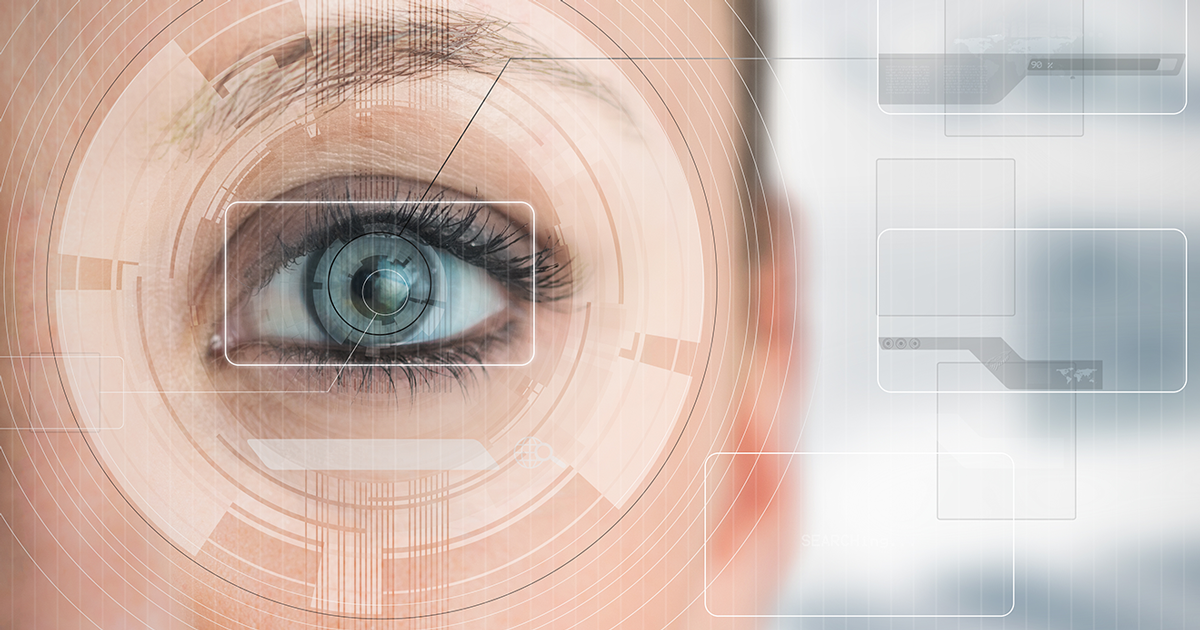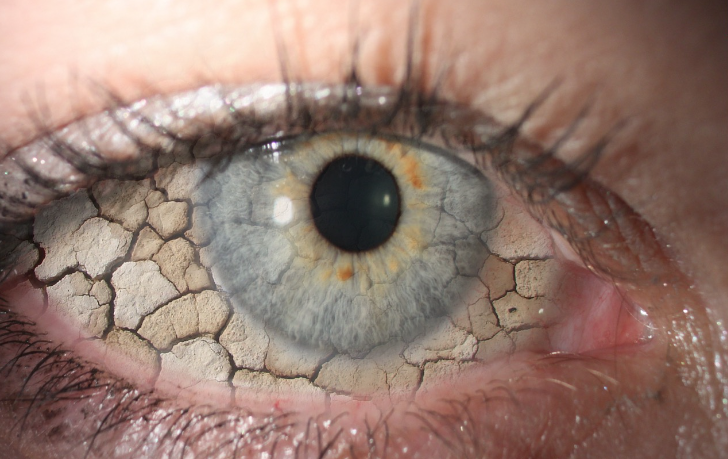- Special Interest In -
Visual Therapy includes eye exercises to develop focussing & binocular skills, along with neuro-stimulation techniques to maximize visual-perceptual & oculo-motor skills & ultimately learning efficiency. To learn more about our Visual Therapy program, CLICK HERE
MEIBOMIAN GLAND EXPRESSION involves an extensive process of heating, massaging & compressing the upper & lower lids to physically remove the congested/thickened tears. To learn more about our Dry Eye Treatment, CLICK HERE.
In the unfortunate circumstance thatyour eye disease progresses to the levelthat your daily routine is hindered, ourclinic is approved for MOHLT governmentfunding to order Low Vision Aids foryou. To learn more about Low Vision Devices, CLICK HERE.
Macumira is a new device recently approved by HEALTH CANADA to treat Dry AMD. It utilizes patented micro-current technology to increase the mitochondrial ATP production (energy power-house of the cells) to stimulate the photoreceptors thus improving vision. CLICK HERE.
Hours
Monday: 9:00am - 7:00pm
Tuesday: 8:00am -6:00pm
Wednesday: 10:00am -6:00pm
Thursday: 8:00am - 6:00pm
Friday: 8:00am - 6:00pm
Address
Dr. Malini Varshney & Associates
Halton Family Health Center
2951 Walkers Line Burlington ON
clinic@drmvarshney.ca
Tel: 905-592-3963
.png)



.png)
.png)

.png)